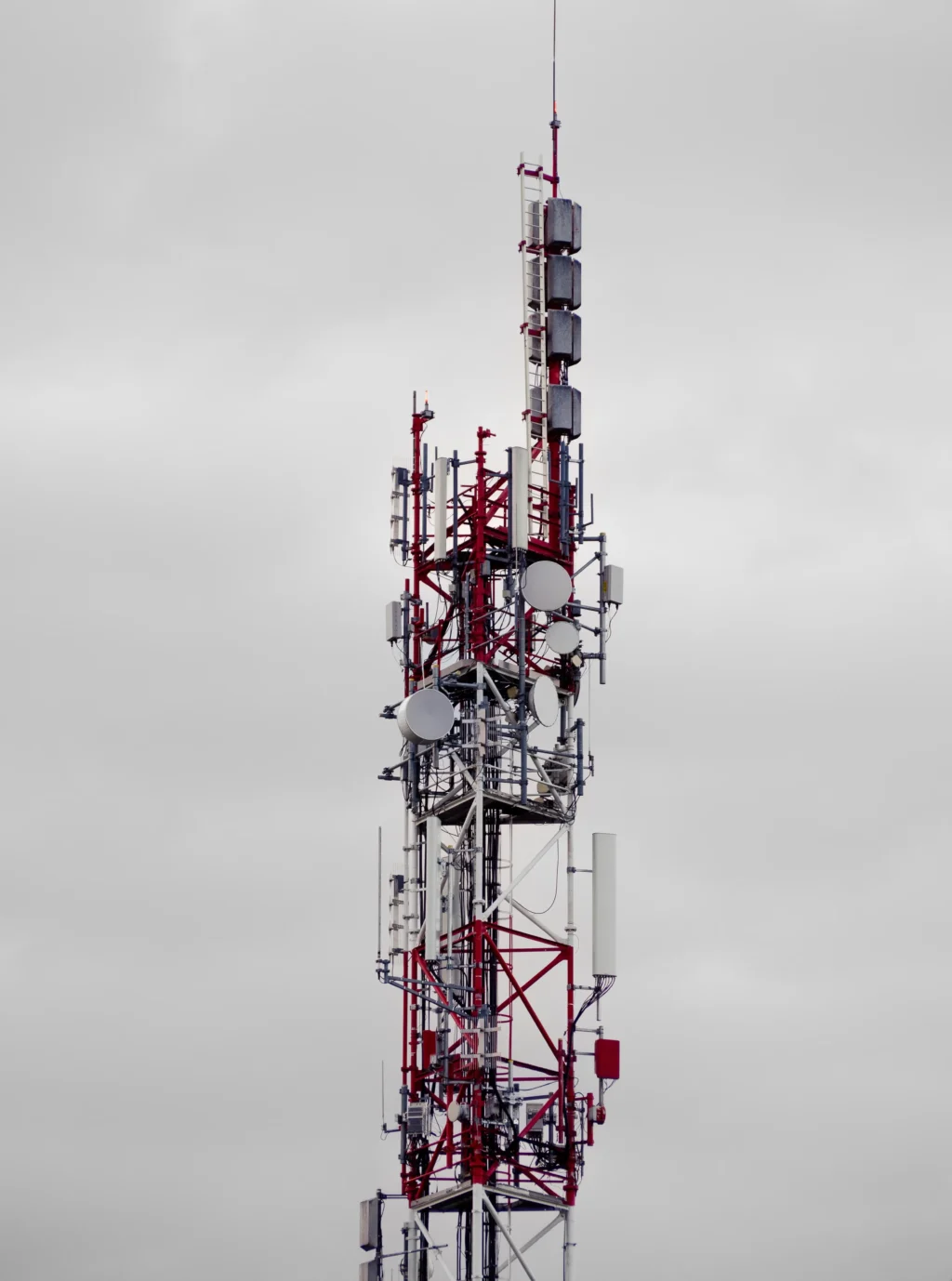What is 5G Technology and How Does it Work?
5G is the fifth generation of wireless technology, which promises to provide faster download and upload speeds, lower latency, and improved reliability compared to previous generations of mobile networks. 5G technology uses higher radio frequencies and smaller cell sites to provide faster and more reliable internet access.
The Benefits of 5G Technology
Faster Download and Upload Speeds
One of the primary benefits of 5G technology is faster download and upload speeds. With 5G, users can download files and stream videos at much faster speeds than with 4G or previous generations of mobile networks. This means that users can access content and information more quickly and efficiently than ever before.
Lower Latency
Another benefit of 5G technology is lower latency, which is the time it takes for data to travel from the user’s device to the network and back again. With 5G, latency is significantly reduced, which means that users can experience faster response times and more seamless connectivity.
Improved Reliability
5G technology also promises to provide improved reliability compared to previous generations of mobile networks. With 5G, users can expect fewer dropped calls and faster data speeds, even in areas with high network traffic.
The Impact of 5G Technology on Industries
Healthcare
The healthcare industry is expected to benefit greatly from 5G technology. With faster and more reliable network speeds, healthcare providers can use telemedicine to remotely diagnose and treat patients, as well as improve patient outcomes through the use of connected medical devices.
Manufacturing
The manufacturing industry can also benefit from 5G technology. With 5G, manufacturers can use real-time data analytics to improve efficiency, reduce downtime, and increase productivity. Additionally, 5G-enabled sensors and devices can be used to monitor and optimize production processes.
Education
The education industry can also benefit from 5G technology. With faster network speeds and lower latency, students and teachers can collaborate more easily and access educational resources more quickly. Additionally, 5G-enabled technologies like virtual and augmented reality can be used to enhance the learning experience.
The Future of 5G Technology
Integration with Emerging Technologies
As 5G technology continues to develop and become more widespread, it is expected to integrate with emerging technologies like artificial intelligence, the Internet of Things, and autonomous vehicles. This integration could lead to even greater efficiency, automation, and connectivity in various industries.
Expansion of 5G Networks
5G networks are still in the early stages of deployment, but they are expected to expand rapidly in the coming years. As more countries and regions adopt 5G technology, it is expected to become the new standard for mobile networks, replacing 4G and previous generations.
The Impact of 5G Technology on Society
5G technology is expected to have a significant impact on society, from improving healthcare and education to revolutionizing industries like manufacturing and transportation. However, as with any new technology, there are also concerns about privacy, security, and potential negative effects on human health.
Conclusion
In conclusion, 5G technology promises to provide faster download and upload speeds, lower latency, and improved reliability compared to previous generations of mobile networks. The impact of 5G technology on various industries, including healthcare, manufacturing, and education, is expected to be significant, and the integration of 5G with emerging technologies like AI and IoT could lead to even greater efficiency and automation. As 5G networks continue to expand
FAQ
Q: What is 5G technology and how does it differ from previous generations of mobile networks?
A: 5G technology is the fifth generation of mobile networks, which offers significantly faster internet speeds, lower latency, and increased network capacity compared to previous generations. 5G also enables the use of more advanced technologies, such as virtual reality and the Internet of Things (IoT).
Q: When will 5G technology be available in my area?
A: The availability of 5G technology varies depending on the location and the mobile network provider. Some areas already have access to 5G technology, while others are still in the process of implementing it. Check with your mobile network provider to see if 5G is available in your area.
Q: Do I need a new phone to use 5G technology?
A: Yes, you will need a phone that is compatible with 5G technology in order to use it. Most new smartphones that have been released in the past year are 5G compatible, but you should check with your mobile network provider to make sure that your phone is compatible.
Q: Will 5G technology cause any health risks?
A: There is currently no scientific evidence that suggests that 5G technology poses any health risks. However, some people have expressed concerns about the potential health effects of exposure to radiofrequency radiation, which is used to transmit wireless signals. The World Health Organization (WHO) and other health organizations continue to monitor the situation and conduct research on the potential health effects of 5G technology.
Q: What are some of the potential applications of 5G technology?
A: Some of the potential applications of 5G technology include faster internet speeds, improved video streaming quality, more reliable connections for IoT devices, and the use of advanced technologies such as virtual and augmented reality. Additionally, 5G technology is expected to enable the development of new technologies and services that we haven’t even thought of yet.





More Stories
Why Apple is Switching from Lightning to USB-C on the iPhone
What You Need to Know About Wi-Fi 6 and Its Speed Benefits
Quantum Computing: How It Works and What It Means